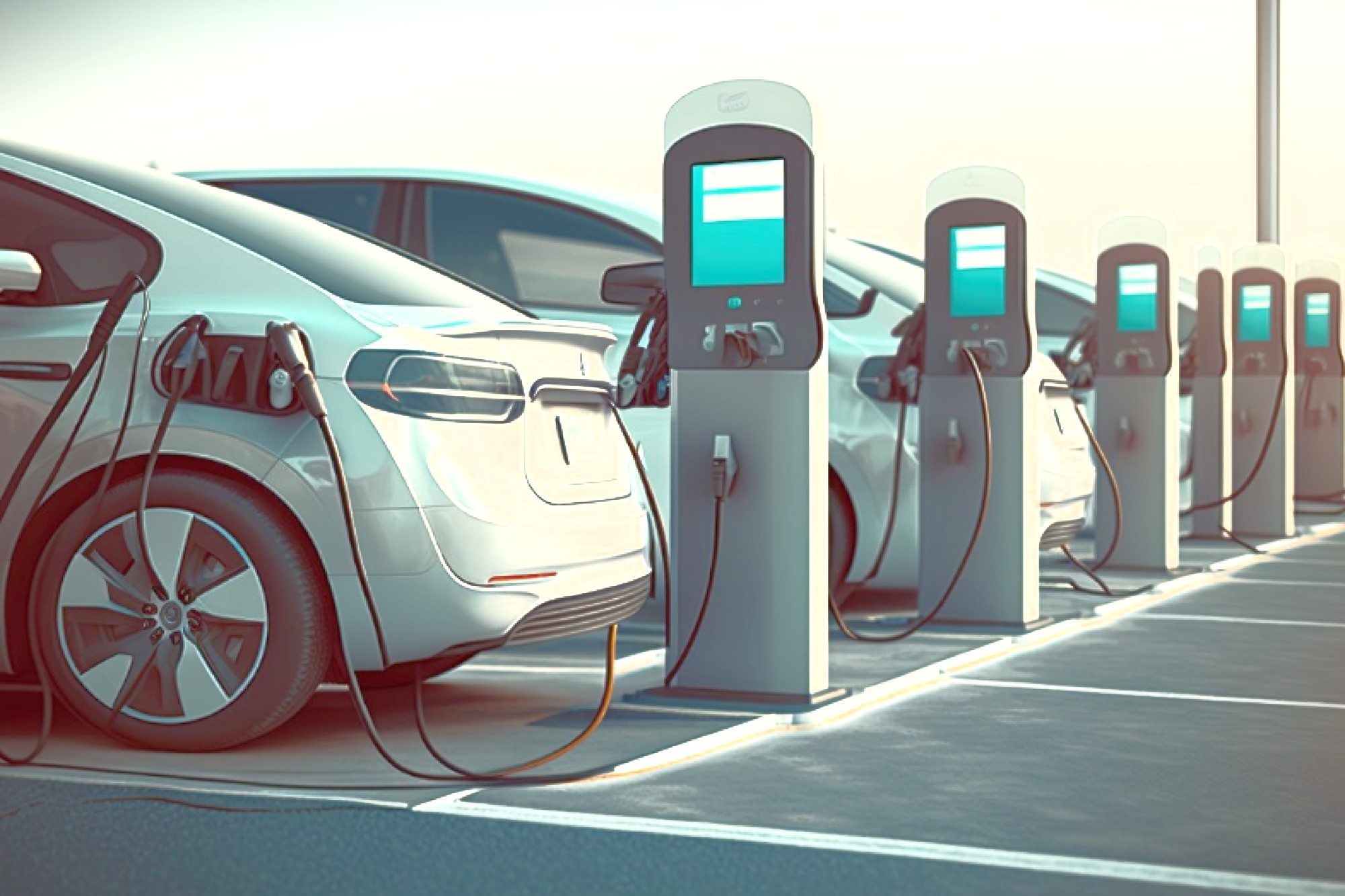Government issues guidelines to de-license EV charging stations
By Staff Report September 19, 2024 5:29 pm IST
By Staff Report September 19, 2024 5:29 pm IST

This initiative is designed to alleviate initial setup costs through a revenue-sharing model, wherein land-owning agencies will receive a portion of the revenue generated from electricity used for charging.
The Ministry of Power has released updated regulations titled “Guidelines for Installation and Operation of Electric Vehicle Charging Infrastructure-2024,” marking a significant step in enhancing electric vehicle (EV) adoption across the country. These new guidelines aim to clarify the establishment and operation of EV charging stations, addressing the needs of a diverse range of stakeholders, including manufacturers, owners, and operators in both public and private sectors.
These revised guidelines supersede previous versions issued since 2018 and are designed to create a more robust and accessible EV charging network throughout India. By streamlining the setup process and emphasising safety, reliability, and user experience, the Ministry seeks to facilitate the widespread adoption of electric vehicles.
One of the key features of the new guidelines is the classification of EV charging station establishment as a de-licensed activity, allowing any entity to set up charging infrastructure per the specified regulations. This change is expected to expedite the deployment of charging stations by providing defined timelines for electricity connection approvals. For instance, connections in metropolitan areas will be granted within three days, while rural areas will see longer timelines of up to 30 days.
To encourage the development of Public Charging Stations (PCS), the guidelines also provide for the allocation of government land at subsidised rates. This initiative is designed to alleviate initial setup costs through a revenue-sharing model, wherein land-owning agencies will receive a portion of the revenue generated from electricity used for charging.The guidelines further emphasise the importance of user safety and experience. They mandate compliance with established safety standards and require clear instructions at charging stations, presented in multiple languages. Additionally, the presence of trained personnel at stations with multiple chargers and enhanced security measures, such as CCTV surveillance, will be prioritised.
Overall, the introduction of these comprehensive guidelines signifies a concerted effort to establish a seamless and efficient EV charging ecosystem in India. By promoting accessibility, safety, and the integration of innovative technologies, the Ministry of Power aims to accelerate the transition to electric mobility, aligning with the nation’s sustainability goals and the growing demand for cleaner transportation options.
We use cookies to personalize your experience. By continuing to visit this website you agree to our Terms & Conditions, Privacy Policy and Cookie Policy.